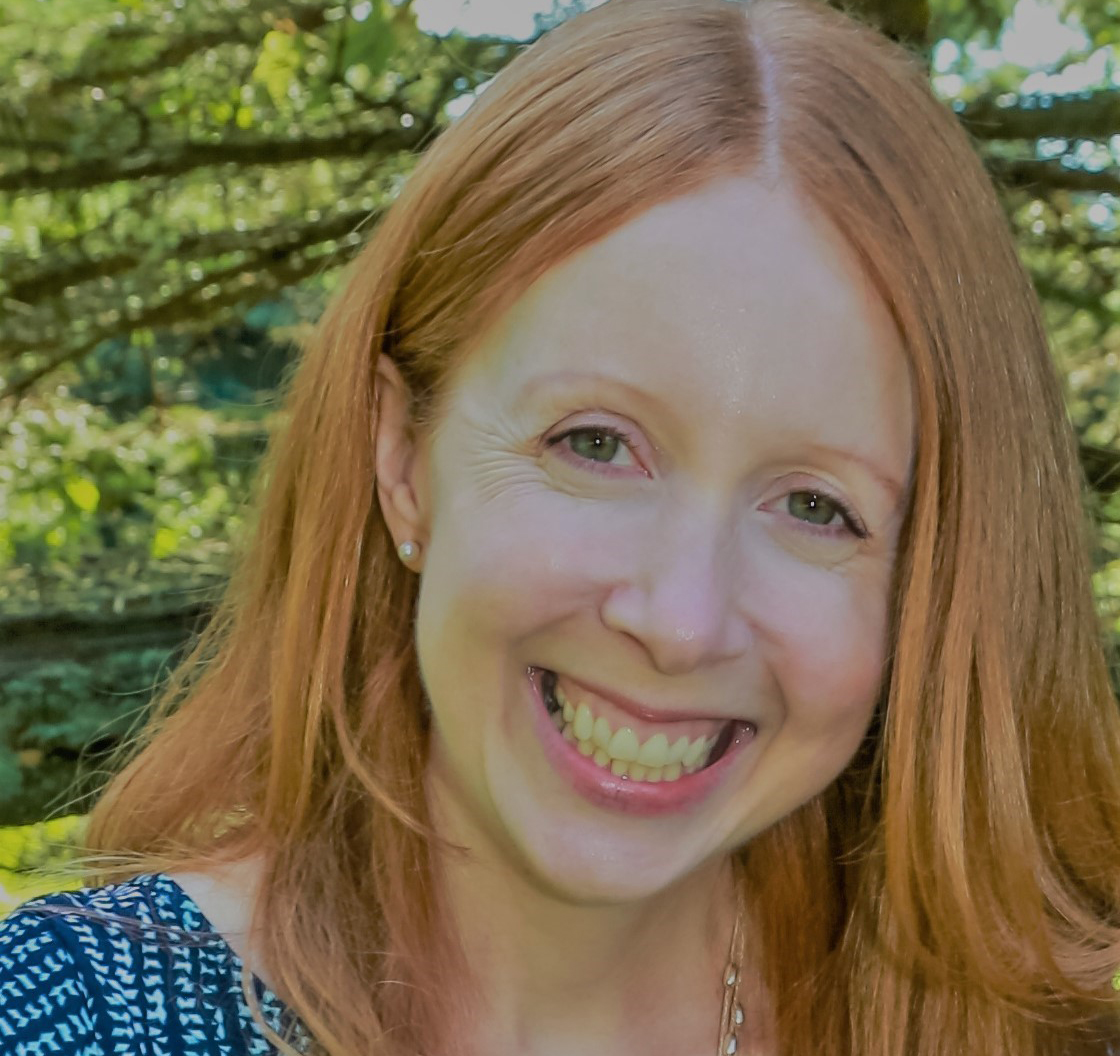The extinction of little-spoken Indigenous languages is not on most people’s list of Things to Worry About, but Robert Nichols has some compelling reasons why it should be.
Of the approximately 6,000 languages spoken around the globe today, only about 10 per cent of them will be alive a century from now, says Nichols, 24, who is pursuing a PhD in political science at U of T. Language is inextricably linked to power, and there is an association between declining linguistic diversity and rising centralization of power – especially when it comes to Aboriginal Peoples, he adds. Nichols’ research, supported by a prestigious Trudeau Foundation doctoral scholarship, is exploring the political implications of vanishing languages among Indigenous populations in North America.
“I’m not really interested in saving particular languages, but rather in asking why languages are declining so fast now, particularly in a world where we tell ourselves we are more and more sensitive to diversity and the multilingual nature of the world.”
Nichols grew up in Pigeon Lake, Alta., close to several large Aboriginal communities where people spoke Cree – one of a handful of Aboriginal languages that may survive into the next century. Also fuelling his research on preserving multilingual societies are several other formative experiences: Nichols organized the first parliamentary intern tour of Iqaluit, Nunavut, in 2001, worked as a research and development consultant with the Métis Nation of Alberta and taught in rural Mexico where Indigenous languages flourish. “This is not just an Aboriginal issue. It’s an issue for anyone who’s interested in diversity and the freedom of local communities to determine their fate in the world,” he says. “That’s something that everyone can relate to.”





